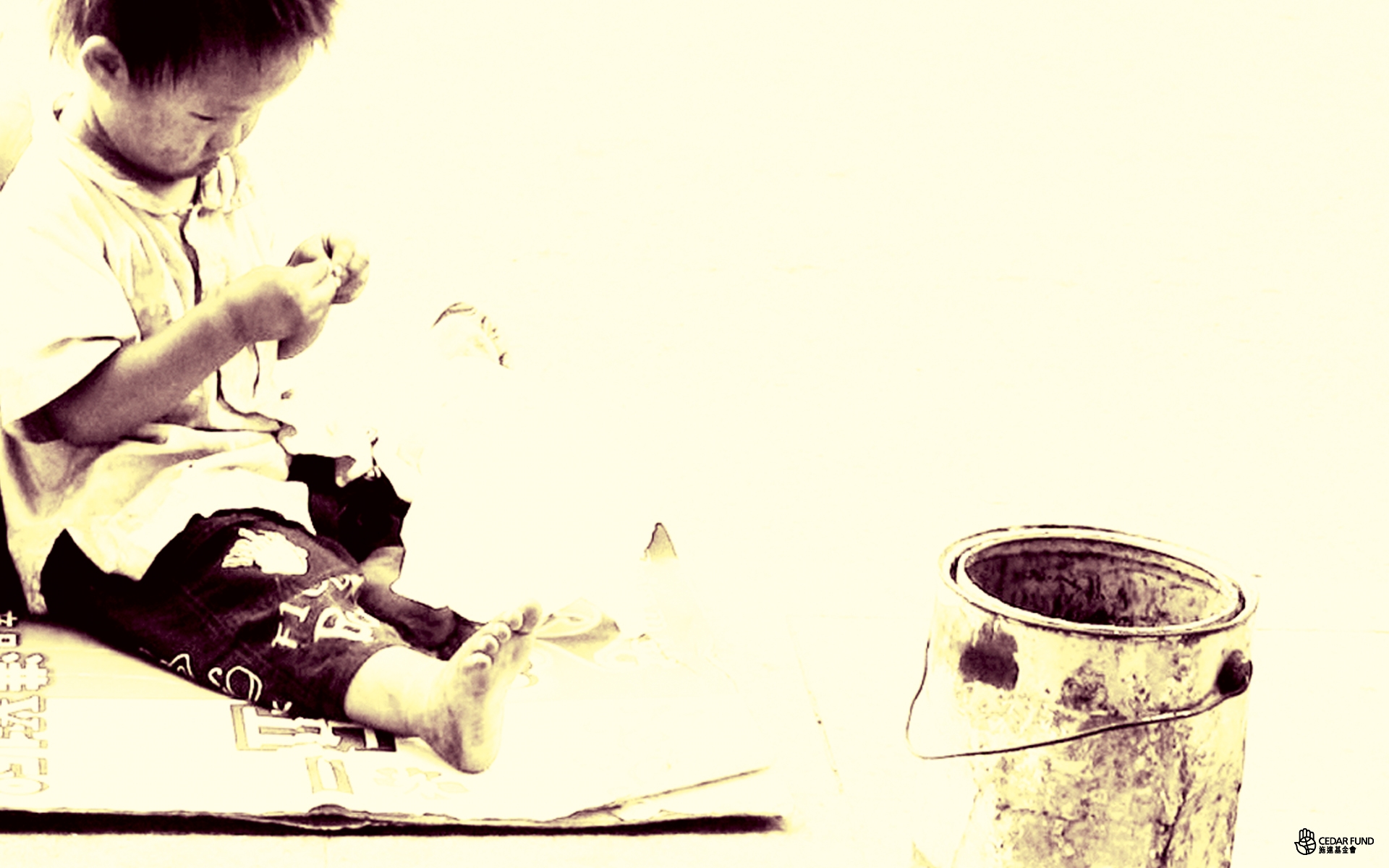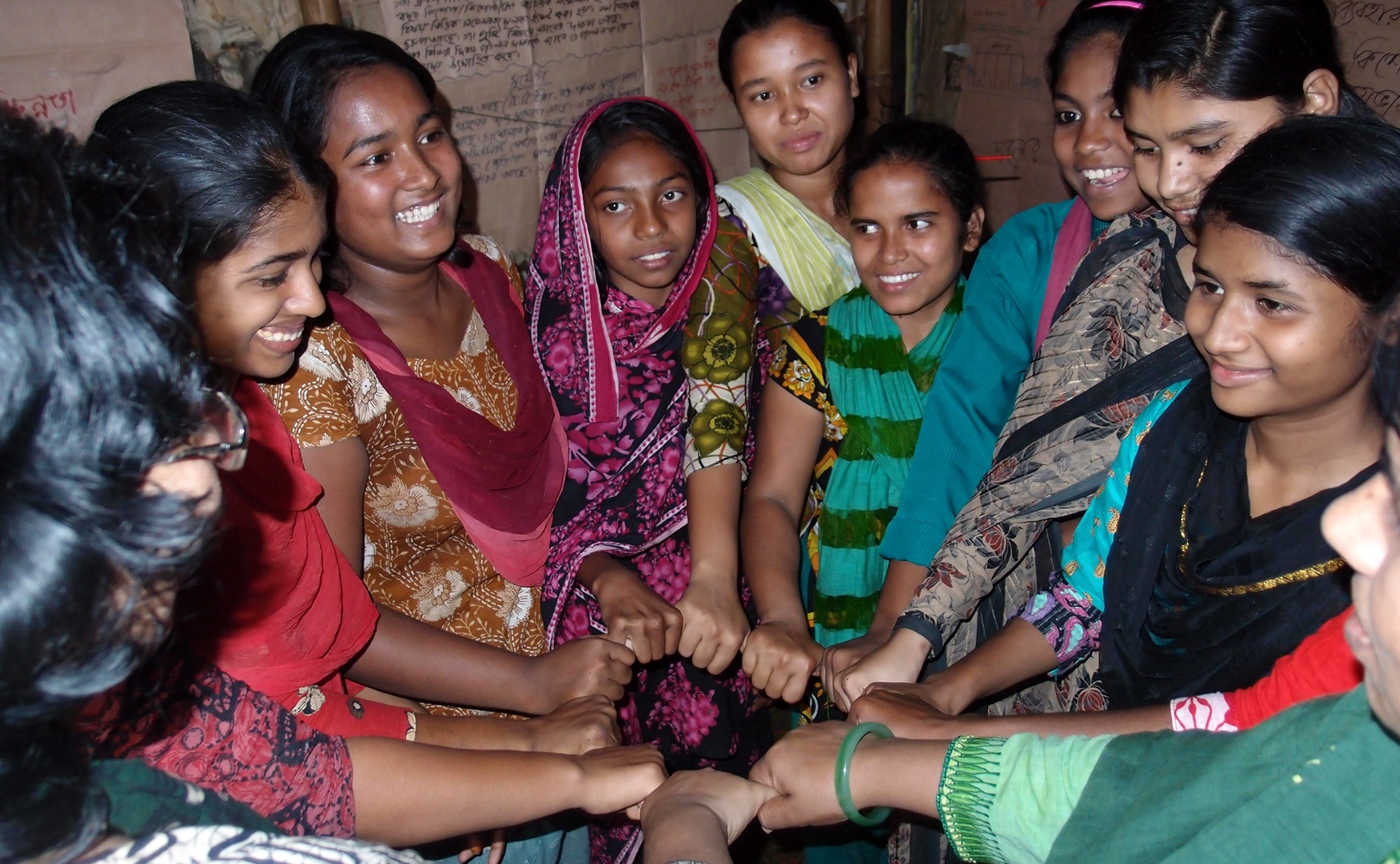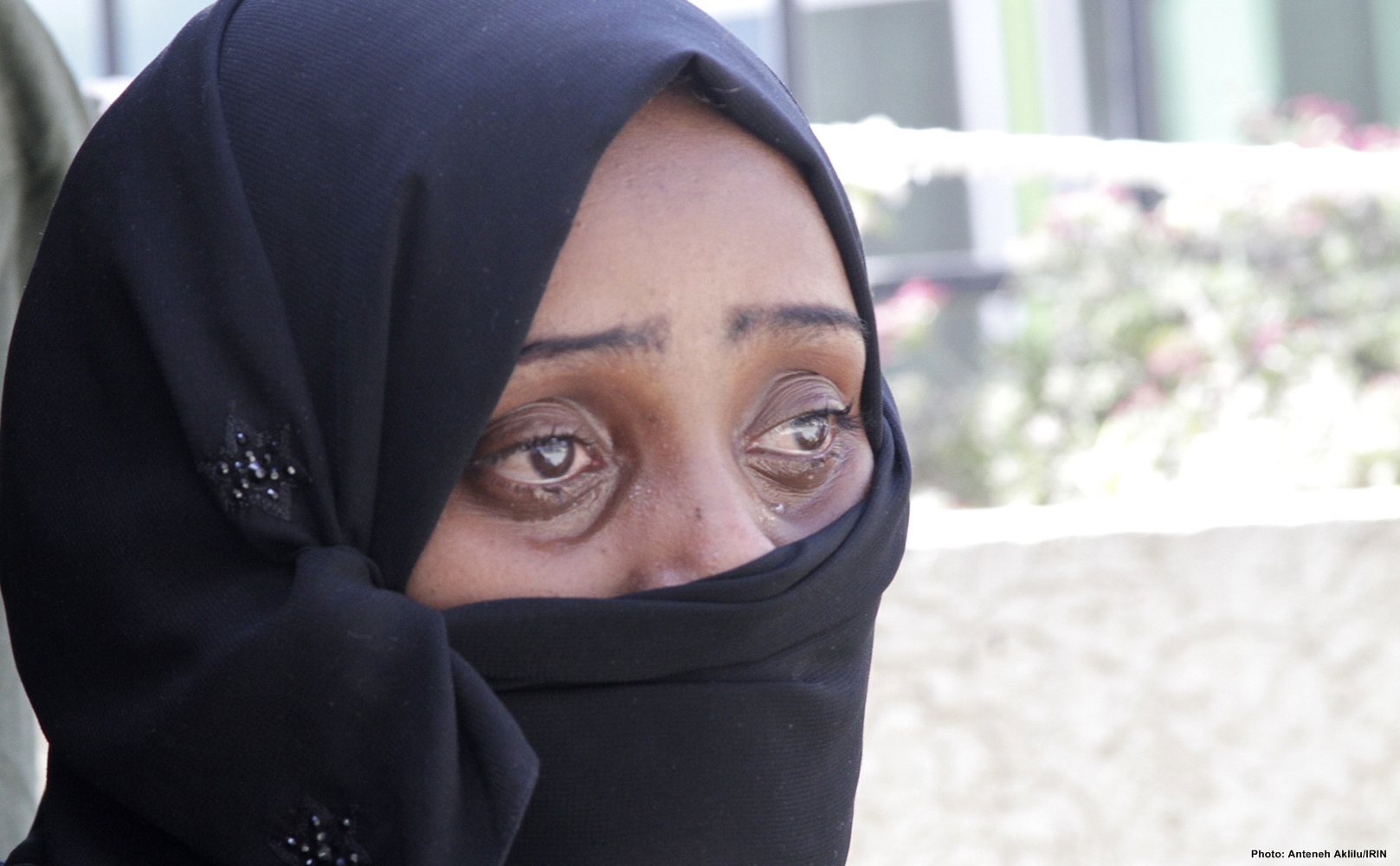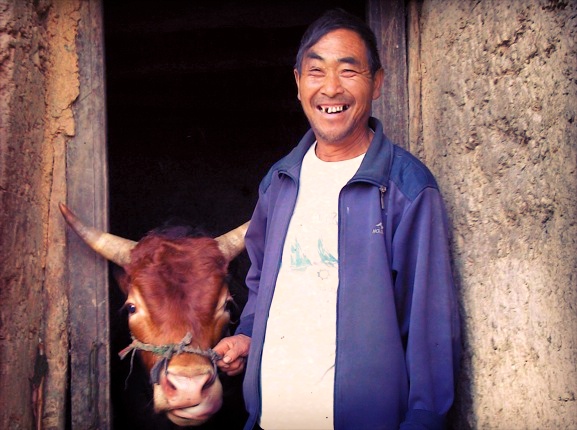[ ‘SHARE’ Jul-Aug 2014 ] FOCUS – MINISTRY
The word ‘poverty’ seems to carry with it contrasts between rich and poor, strong and weak, high and low, and between give and take. However, when we are in the transformation context, we often realize the so-called ‘poor people’ can actually be the vessels through which God transforms life and community.
“For you see your calling, brethren, that not many wise according to the flesh, not many mighty, not many noble, are called. But God has chosen the foolish things of the world to put to shame the wise, and God has chosen the weak things of the world to put to shame the things which are mighty; and the base things of the world and the things which are despised God has chosen, and the things which are not, to bring to nothing the things that are, that no flesh should glory in His presence.” (1 Cor. 1:26-29)
When you get to know the poor, you will realise that they have many “treasures” in them waiting to be discovered and appreciated, to be turned into opportunities of transformation. Close-up contact and genuine care are vital to such discoveries. For frontline workers ministering in an impoverished community, home visits are a crucial link in practising “care”.
Change through acceptance by the community
In Yunnan, South West China, CEDAR has been working with the local church to mobilise their leaders, seminary students and believers to walk in the midst of the community, visit and express loving care for neglected and impoverished families, amongst which are people living with HIV/AIDS (PLWHA), drug addicts and ex-convicts, all of whom nobody normally would draw near to.
Changes in lives, families and even in the community are strong evidence that change IS possible, and these changes are brought about when impoverished families themselves discover and utilise their own “treasures” or innate abilities.
In a Yunnan village, there lives a father with his son. When the father remarried, the step-mother would not accept the son because he had been taking drugs for many years and was HIV positive. He had also committed numerous criminal offences and was in and out of labour camps. The father had to abandon him. In the eyes of many people, the son seemed beyond help.
Change in a broken life

When the staff of Fu-Kang (Rehabilitation) Home set up under the Dali Prefecture Christian Council (Social Service) heard this, they took an initiative to visit this helpless middle-aged man in the hospital with several church leaders and seminary students. The staff of Fu-Kang (Rehabilitation) Home says, “His family members never visited him because they were afraid. We visited him again the following day, and every day thereafter, until he was discharged.” Through the loving care of believers, church leaders and seminary students, this family underwent transformation.
One day thereafter, the son came to Fu-Kang (Rehabilitation) Home with some of Dali’s specialty cheeses. He was sent by his father who now has great trust with the church; The father called Ms. Wu (a co-worker in Fu-Kang (Rehabilitation) Home) and said, “I now commit my son into your care.” He is very willing to let the church continuing this pastoral journey for his son.
What happens is, when a group of Christians were willing to care for this family, the relationship between the father and son slowly but steadily improved. With people’s acceptance and support, a life that was once ruined by drugs and sin underwent transformation. “The father wanted to love and care for the son but he did not know how. We did not tell the father how to show care, we just demonstrated it by action. The father exhibited change as well, and the two are now reconciled.” The son is now a security guard at Xianguan, the best local hotel, and lives a more stable life.
Change by repaying care
It was a great comfort to see that the son can now look after himself and is reconciled with his father. There was a further unexpected outcome. “The son referred three [drug-taking] of his friends to our church. Besides, after this practical caring experience, many pastors and seminary students have changed their view on social ministries, affirming the staff’s work,” say Fu-Kang (Rehabilitation) Home staff thankfully.
The staff also realize that the church, individuals, families, neighbours and the community are closely linked in the change process. “The story began with pastors and staff caring a HIV infected person; the story ended with active caring being continued and more people receiving care. It is easier to provide material things, it may not seem difficult to tell others to change, but it is more important to inspire others to initiate change themselves. We are not doing a job or organizing event, and we are not even playing heroes to effect change on others, but progressively facilitating change to take place. Our home visits promote changes, and changes develop further – this is the fruit of our facilitation and we see the community’s corresponding response.”

Change of perception
Tenacity, wisdom and the most basic interpersonal loving care and concern do exist in even the impoverished families. Church leaders and believers in Yunnan had reflections and underwent a mindset change after going through training in the past few years on how to serve the community practically and to walk alongside the needy.
The leader of a church’s social ministry department says, “In the past I was not convinced of the impact of home visits, but after visiting people myself, I see the need for continuing the ministry. Reflection after each visit and analysis of the cases are very useful, convincing us that we are in the right direction, and I feel I now have a much lighter burden to carry.”
A brother in the same church also says, “Doing home visits can be difficult, but they are all worth it. I am very excited to see the outcome; we serve wholeheartedly and are extremely grateful for the encouragement and support received from other people.”
A person’s value is not measured by his status, and we should not label or look down on people. Yes, impoverished families might be the church’s targeted beneficiaries but it does not mean that they are totally weak, useless and helpless. Honest and genuine connection, caring, appreciation and support enable the poor families to utilise their potentials and resources, and God will transform neighbours and communities through them. What a discovery !
Related information
CEDAR encourages churches to use the S-A-L-T model in home visits to discover the strengths of those being visited and their community, thereby building their self-confidence and mobilising community transformation.
‘S’ stands for ‘stimulate’ and ‘support’
‘A’ stands for ‘appreciate’ and ‘affirm’
‘L’ stands for ‘listen and ‘learn’
‘T’ stands for ‘transfer’ and ‘team’
The biggest goal of S-A-L-T is to discover and appreciate a community’s efforts and participation in development and transformation. When we listen to people and affirm their strengths, we support them in continuing and expanding their actions. In the process we also learn from the community.
This issue
- FOCUS: MINISTRY> Treasures in the Poor
- STEP INTO THE WORLD> Caring for AIDS-affected families in Dali
- JOIN HANDS JOIN HEARTS> What Fate for Bangladeshi Girls?
- CEDAR’S BLOGGER> A Calling for Life | Paulina
- Download this issue











